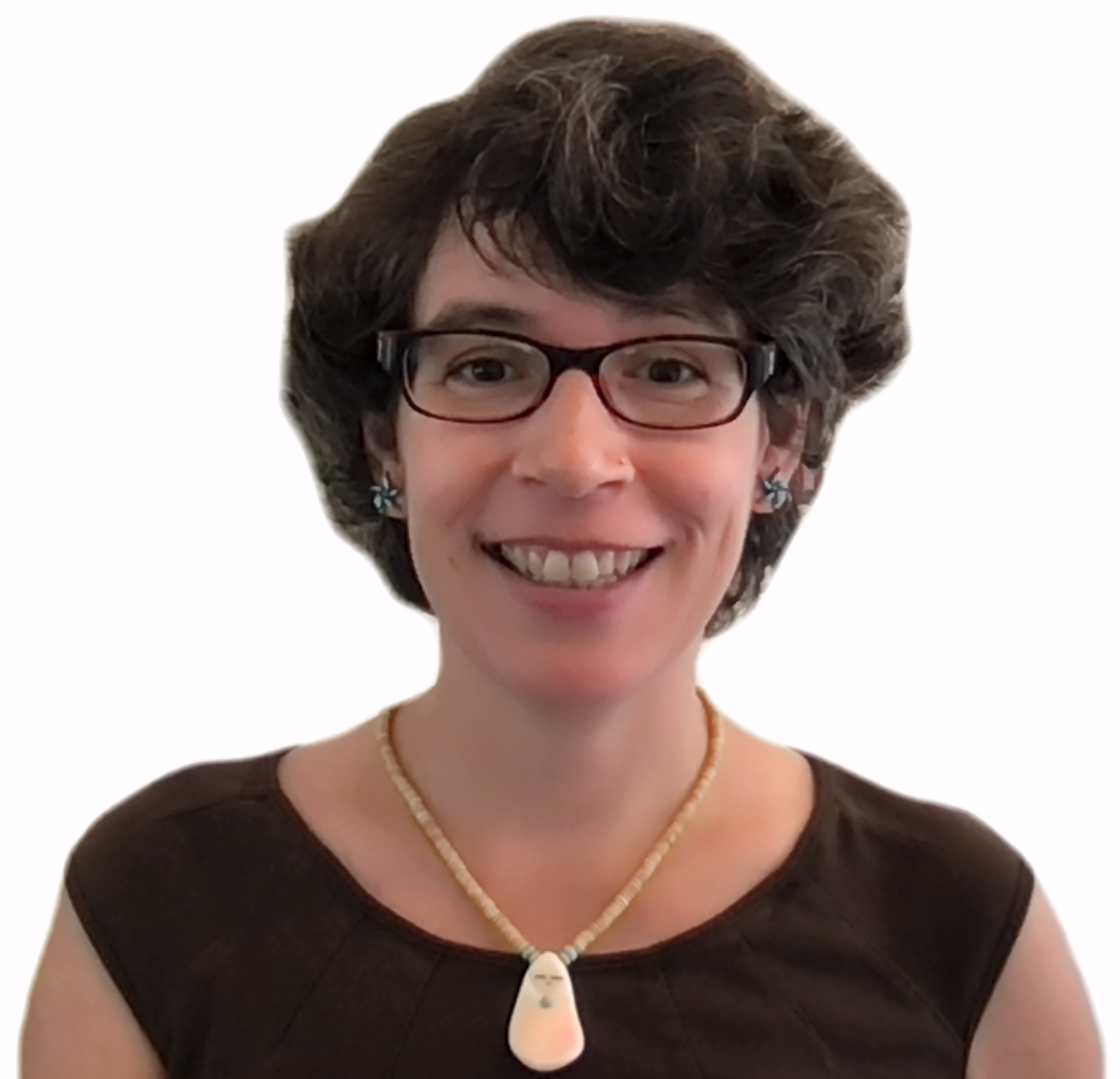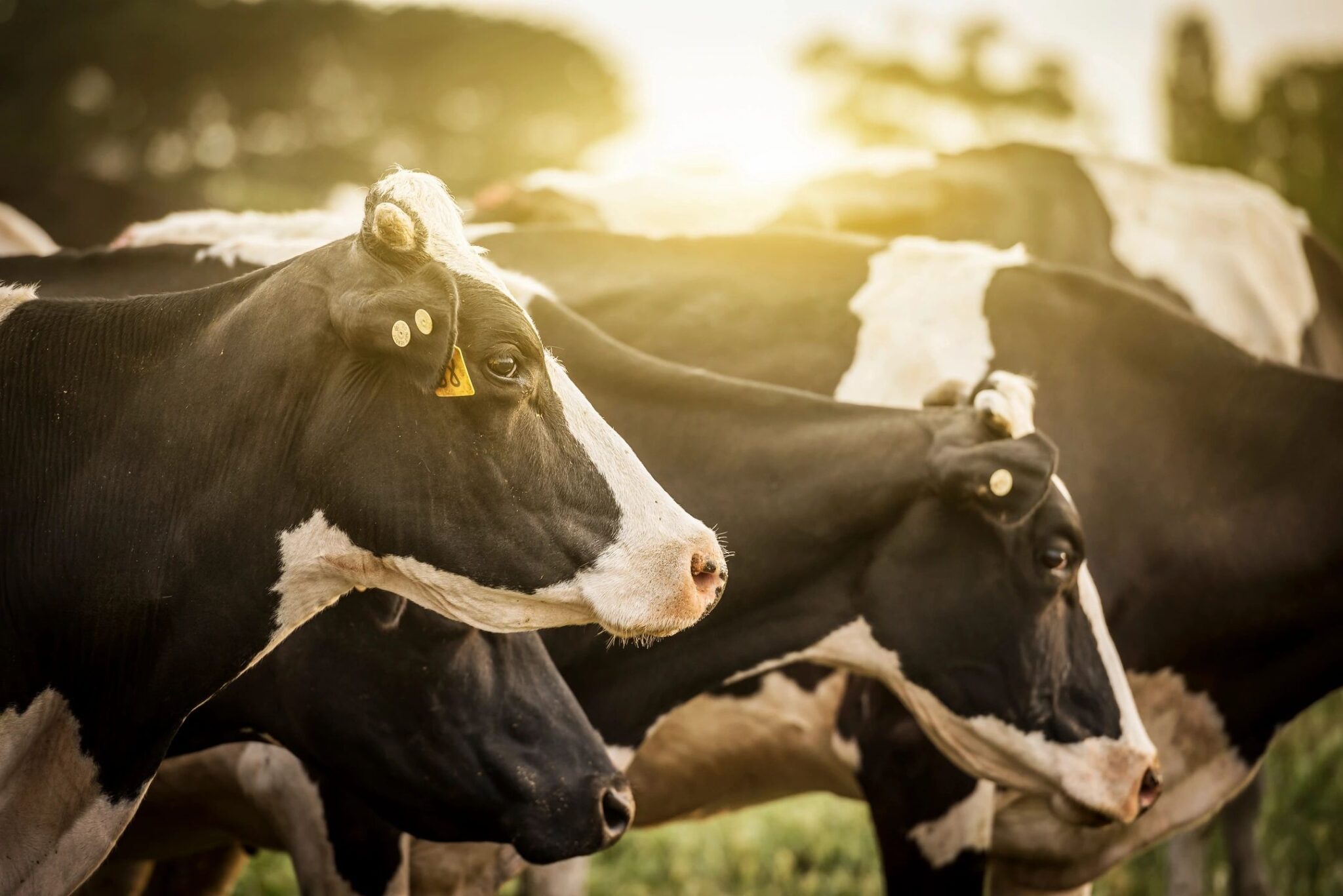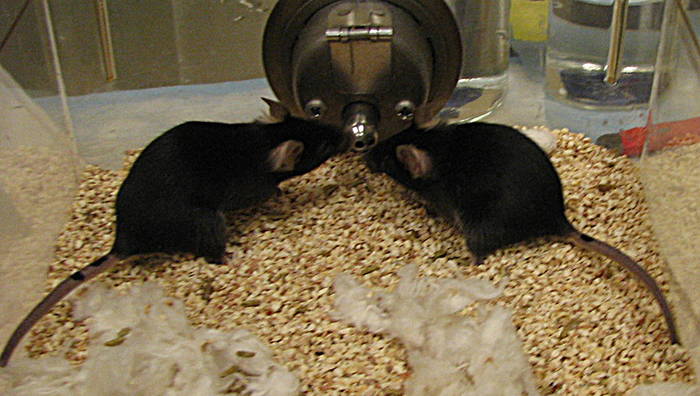A geneticist is a type of biologist who studies genes. Let’s hear from Michelle T. Juarez, who uses her scientific knowledge to help teach the next generation of scientists!
Meet Michelle T. Juarez, the Assistant Director of Diversity and Research Readiness at Cold Spring Harbor Laboratory’s DNA Learning Center. Dr. Juarez has a BS in Plant Biology and a PhD in Genetics. She helps prepare young scientists both to succeed in the lab and to share their discoveries with the world. Keep reading to learn more about her career in science education!
Science Connected: What do you do? Describe your job as if you were describing it to your non-scientist grandparents.
Dr. Juarez: Cold Spring Harbor Laboratory is a private institution with biomedical research programs and a broad educational mission. The DNA Learning Center is a space for middle and high school students to experience hands-on biology experiments.
SC: What was your path to this job and why did it interest you?
Juarez: My path to this job started during my graduate training. I completed my PhD at Stony Brook University and did my dissertation research at Cold Spring Harbor Laboratory. I knew about the DNA Learning Center but did not directly interact with the programs. After obtaining my PhD, I completed a postdoctoral fellowship at University of California, San Diego with funding from the National Institute of Health Institutional Research and Career Development Award (IRACDA).
During this fellowship I began teaching undergraduate Biology lectures while completing a research project. The intersection between teaching and research provided a new path to help me develop my interests in communicating scientific discoveries. The academic landscape as a postdoctoral fellow and then as a faculty member provided multiple scenarios to develop a sense of what type of roles best aligned with my teaching and research goals. The opportunity to return to Cold Spring Harbor Laboratory and join the DNA Learning Center allows me to rediscover how research and teaching can create a strong feedback loop.
SC: What a challenge you’ve faced in reaching your current role, and how did you overcome it?
Juarez: As a scientist, I have always been very passionate about sharing my research discoveries with my family. However, during most of my training the emphasis focused more obtaining the results and less on communicating the investigation. Upon becoming an Assistant Professor at a college, my primary goal was to cultivate a research space that supported scientific exploration and communication. It was very fulfilling to help students develop their scientific voice and skills in a laboratory environment. My shift into education research allowed me to branch out into new opportunities within higher education philanthropy. The challenge of stepping away from genetics research and into program administration was a big hurdle. Ultimately, the ability to apply my technical skills to science education allows me to use my unique perspective on problem solving to consider novel approaches in scientific teaching.
SC: How does your role impact science and/or the public? In other words, how are you changing the world?
Juarez: As a developmental biologist, I appreciate the potential of a young mind to absorb a broad range of stimuli and respond with unique questions that can expand our understanding of the natural world. My goal as a scientist is to share the excitement of discovery through a more inclusive style of communication. Research and teaching are methods to expand knowledge and share the impact of discovery with a new audience. Recently I have contributed to a global community of science communicators, serving as both an author and an associate editor with Frontiers for Young Minds (How does a fruit fly say “ouch”). I feel privileged to contribute to an international community that centers language and illustration as fundamental tools to support access to science. Engaging the next generation of scientists in the process of peer review is a creative solution to dismantling barriers that have historically excluded the participation of a diverse community of scholars.
SC: What’s your favorite part of your job?
Juarez: Being present for the moment when someone understands a scientific concept and observes the result of an experiment is a special occasion. Helping an individual develop the ability to interpret and share their scientific knowledge empowers them to create a new circle of knowledge within their own community. If more people apply scientific thinking in their daily activities, then the potential for new outcomes emerges.
SC: What one piece of advice would you give you to someone (a middle/high school student interested in science) who may be interested in going into your field?
Juarez: Find a topic that energizes your curiosity and do not be afraid to fail. Mistakes are an opportunity to try again and are very important components of the cycle of learning. The successes in my career are a direct result of lessons from my failures. As a research scientist, observations collected from a failed experiment can often lead to greater insights about the fundamental process of investigation. Another piece of advice about scientific discovery and failure is to practice sharing the challenges with colleagues. The ability to communicate about research can open collaborations with other scientists that can provide new perspectives for problem solving.
SC: Outside of work, what brings you joy?
Juarez: Hiking and walking bring me joy. My favorite trips are to natural places. I love to experience the different environments and weather, especially sunny destinations. My favorite quote is “Take only pictures, leave only footprints.” I have hiked across the Grand Canyon from rim to rim and explored many peaks in the California Sierra Nevada mountain range. I hope our collective conservation efforts continue to protect natural habitats and people can learn to better share our planet with all organisms.
This interview with geneticist Dr. Michelle T. Juarez is part of the Get to Know a Scientist series from Science Connected.




